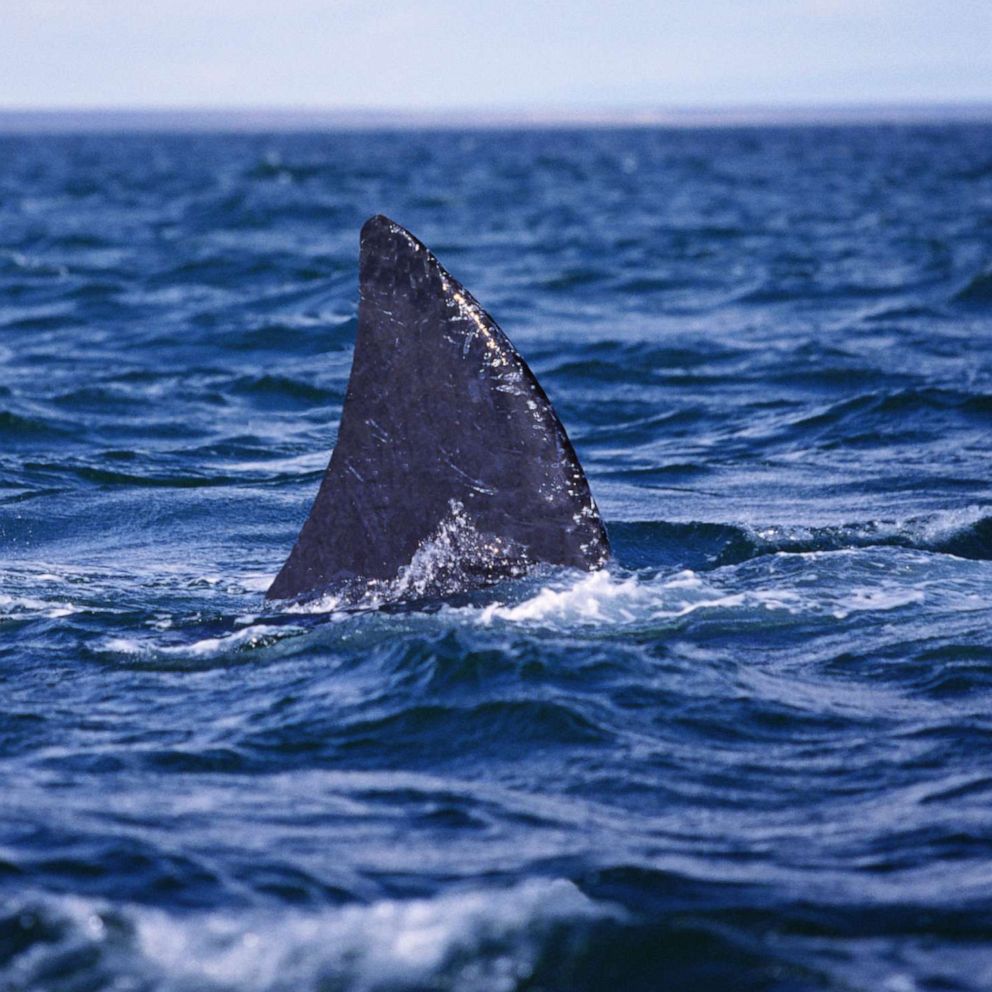Lancet Retracts Controversial Autism Paper
The retraction of the 1998 study may not change public perception of vaccines.
Feb. 3, 2010— -- It was the scientific paper that served as a central pillar for the idea that vaccination could increase children's risk of developing autism.
Now, with a formal retraction from the Lancet, the medical journal which in 1998 published this piece of research by Dr. Andrew Wakefield, most researchers will view the study as if it had never been published in the first place.
In a statement explaining its retraction of Wakefield's paper, the Lancet said: "Following the judgment of the U.K. General Medical Council's Fitness to Practice Panel on Jan. 28, 2010, it has become clear that several elements of the 1998 paper by Wakefield et al are incorrect ... in particular, the claims in the original paper that children were 'consecutively referred' and that investigations were 'approved' by the local ethics committee have been proven to be false. Therefore we fully retract this paper from the published record."
"The Lancet is an enormously prestigious journal with worldwide circulation, so its action of repudiation is very important," said Dr. William Schaffner, chair of the Vanderbilt University School of Medicine's Department of Preventive Medicine in Nashville, Tenn. "The retraction puts another nail in the coffin of this awful, painfully erroneous study."
But the retraction is unlikely to close the Pandora's Box that the Wakefield study opened, other vaccination experts said.
"Unfortunately, the idea that vaccines cause autism is already out there and the damage has already been done," said Robert Field, professor of Health Management and Policy at the Drexel University School of Public Health in Philadelphia. "Years of research have clearly disproven a vaccine-autism link, yet many people continue to believe in it. If all of that research hasn't changed their minds, the Lancet's retraction is not likely to make much difference."
Dr. Gregory Poland, editor-in-chief of the journal VACCINE and director of the Mayo Vaccine Research Group in Rochester, Minn., called the Lancet's action merely "procedural."
"What is more important is that an investigator, on the basis of false pretenses, published a paper and propelled a controversial hypothesis forward that led to decisions among individuals and groups to reject vaccination, with resultant outbreaks of these diseases," he said. "The results are highly significant: millions spent needlessly, hundreds of thousands -- maybe even millions -- unimmunized, and a fog of suspicion cast upon vaccines."
On Jan. 28, the United Kingdom's General Medical Council (GMC) found Wakefield guilty of acting unethically during the time he conducted the famous case report of 12 children that questioned if a childhood vaccine caused a new form of autism.




